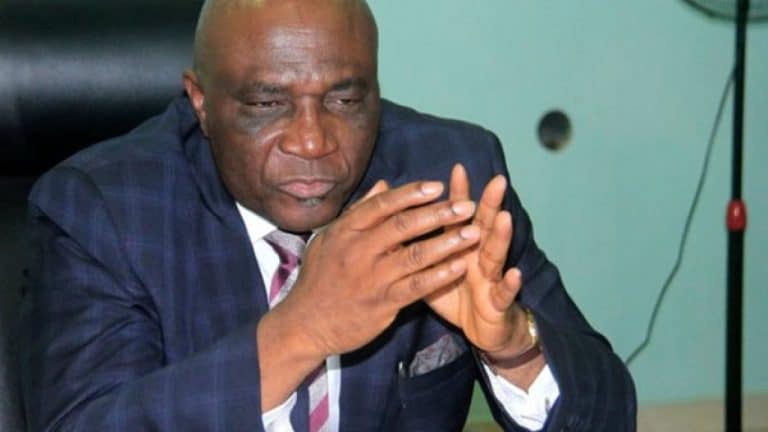
The Presidency has insisted that borrowing for necessary economic development is not a sin, especially when used appropriately.
Bellnews reports that President Bola Tinubu sent a request to the National Assembly seeking approval for additional external and domestic loans totalling ₦34.15 trillion, and the move has generated outrage among political elites.
However, Special Adviser to the President on Information and Strategy, Bayo Onanuga, during a presidential media interaction held in Lagos, stated that Nigeria is a poor country with a large population.
Onanuga said people should not be focused on the borrowed funds, but on their implementation.
He said, “It is not a sin to borrow. Even developed nations like the United States of America, USA and the United Kingdom, UK, borrow beyond their GDP. The issue is not borrowing; it is what you do with the borrowed funds.
“We are a poor country with a large population. We must stop deceiving ourselves, Nigeria’s budget is smaller than that of South Africa. We have to be realistic about what we can fund without borrowing.”
Speaking on the administration’s economic strides, Onanuga said the government has made visible gains across macroeconomic reforms and inclusive initiatives, while managing inherited economic constraints.
He said, “We acknowledge that the first year of this administration was turbulent. We faced serious challenges, including inflation, forex instability, and legacy issues that were beyond our immediate control.
“Today, Nigeria’s macroeconomic indicators have improved significantly. This has not gone unnoticed; global institutions like the World Bank and International Monetary Fund, IMF, have commended our efforts and direction.
“Nigeria’s All Share Index has more than doubled from 50,000 in 2023 to over 110,000 in 2025.
“The country’s foreign reserves currently stand at $21 billion, up significantly from previous lows. Nigeria’s debt servicing has dropped from 97 percent of government revenue to under 60 percent, freeing up fiscal space for investment in social services.”
Citing Public-Private Partnerships (PPPs) and innovative financing tools, such as Infraco, tax credits, and matching funds, the Presidency highlighted ongoing interventions aimed at economic inclusion, utilising state governments to finance critical road and housing projects.
He added, “Over 600,000 students have benefited from the student loan scheme under NELFUND, among others. We are laying the groundwork for Nigeria’s industrial base through technical education and financial access.”

